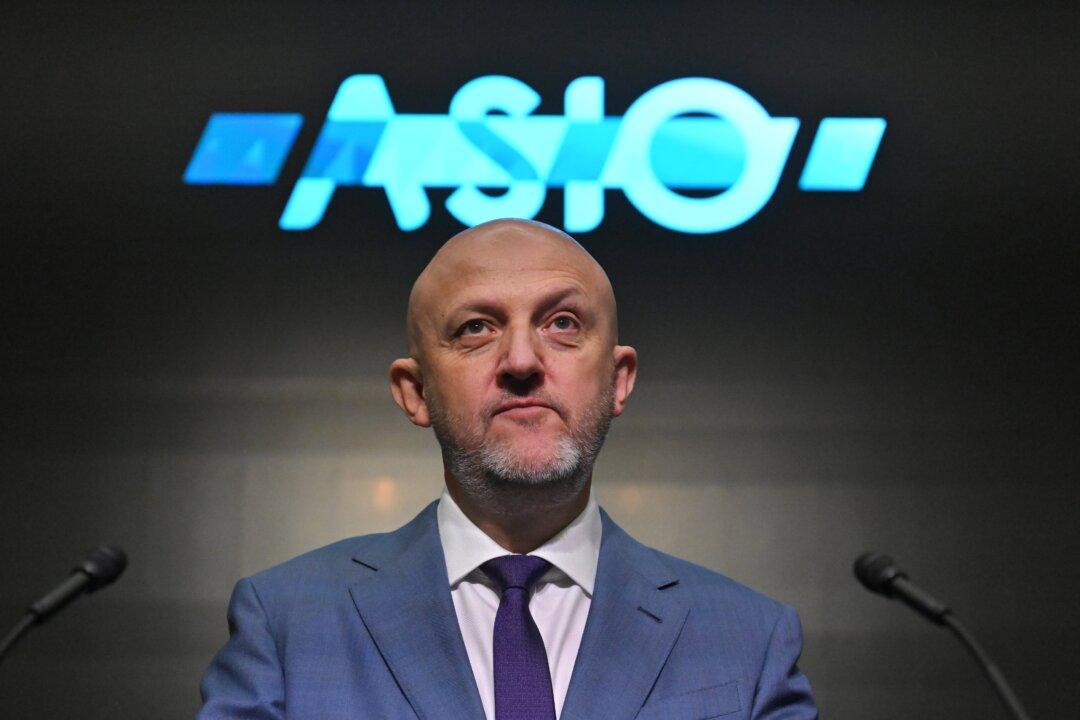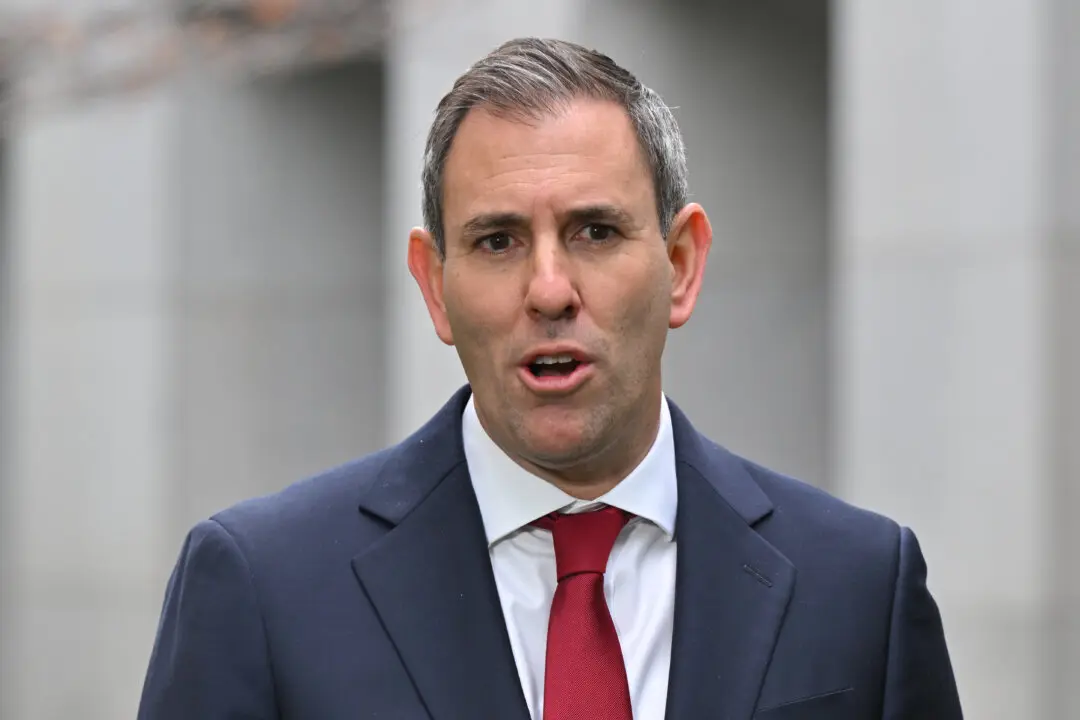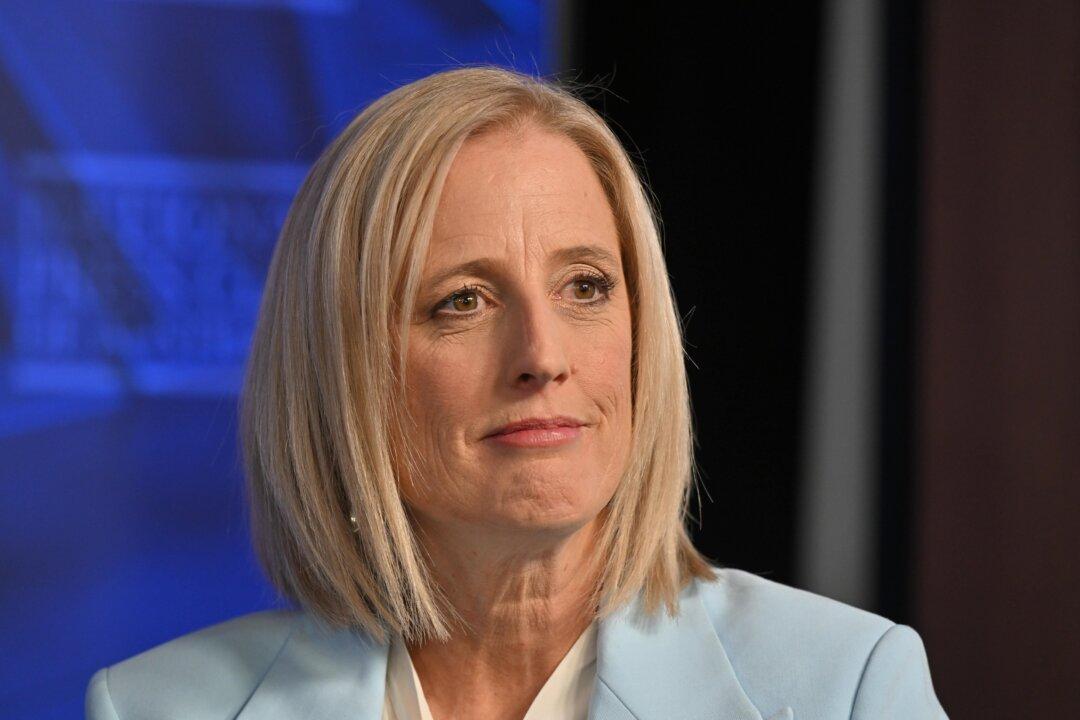Senior New South Wales (NSW) police officers suspected early on that a caravan loaded with explosives and anti-Semitic materials, discovered in January on the outskirts of Sydney, was unlikely to be the work of terrorists.
NSW Police Deputy Commissioner Dave Hudson, who oversees counter-terrorism operations, told a parliamentary inquiry he had voiced these doubts in initial briefings with government officials.





